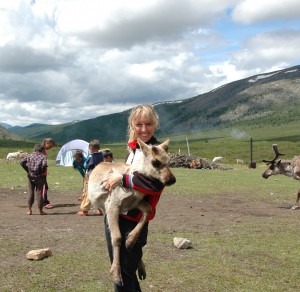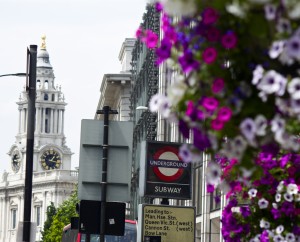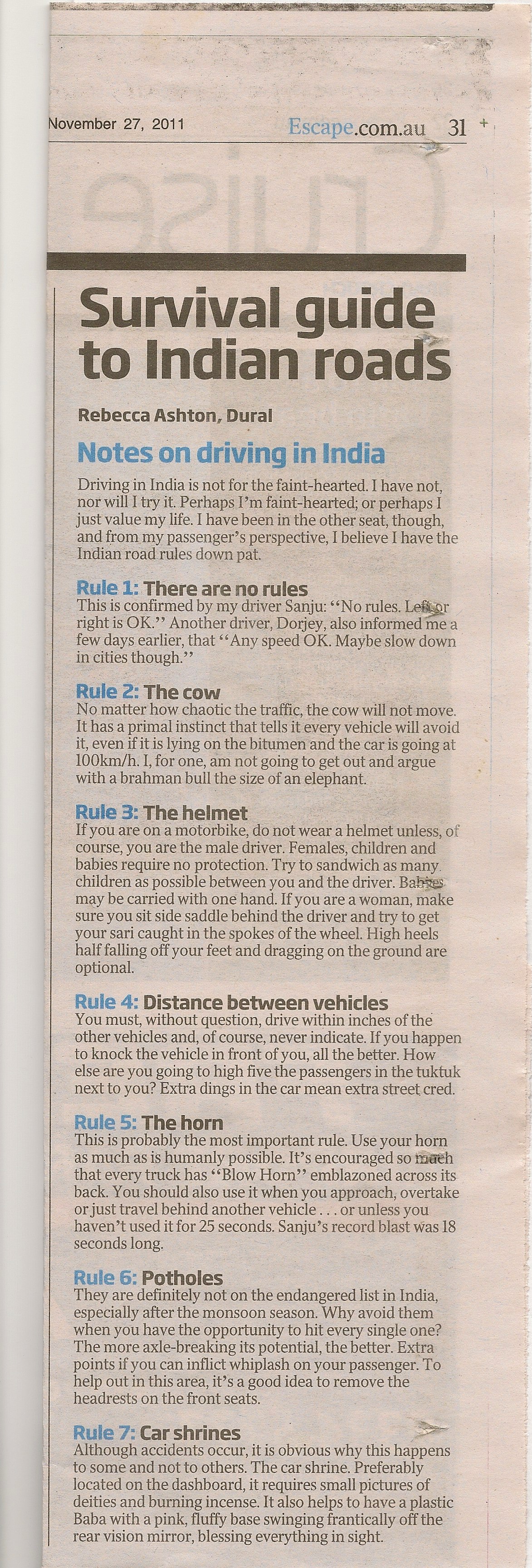I wrote this about a year ago for a Matador Network blog. Thought I’d rerun it here. It is a bit of a brain vomit, but will hopefully make you dig deeper within yourself a little….
What is happiness? Are we really meant to be happy? Is it a sustainable state of being or a fleeting visitor that is supposed to come and go?
I heard an interview with famed author David Malouf today, and it got me thinking and asking more questions than usual (More? Is that actually possible?!) We are always told that happiness is our natural state of being. If we are happy, we know that all is right in the world. I mean, it must be true. There are thousands of books out there telling us this is so. I guess that then prompts the question, why are there thousands of books out there on how to be happy? Surely if it is our natural state of being, we should know how to achieve it without the help of a book.
We in developed countries in general have it pretty good. We live in relative safety. Are allowed to think and say what we wish. We have education, healthcare, sanitation and a welfare system. Our standard of living is higher than it has ever been. But how many people, when asked how they are reply, “Super!”? Usually it is more, “Ok” or the robotic, “Good. How are you?” You may even get, “Oh, no use complaining. No one will listen.” Have we become so spoilt and indulged that gratefulness just doesn’t gel with us anymore? Are we too obsessed with our own self importance? Perhaps we really are just pointless balls of energy and this is certainly something we do not wish to hear. How many times do we become irate that the car in front cut us off off or feel the indignation of not finding a parking spot? A parking spot!!! It seems a little absurd when there are people in the world dying from war and natural disasters. Perhaps the car spot is just the scapegoat for a deeper level of unhappiness we are not prepared to face because it seems just too overwhelming. Do we really just not know how lucky we are? Do we not understand the true meaning of happiness? Or are we just not meant to be happy, at least not all the time?
It is accepted that being happy is the goal but even with all we have, many people are not content. Can happiness equate to contentedness? Then the guilt starts to play on their mind. “I have all this and I should be happy. I feel I should be much more grateful.” You see examples of this a lot, to the point that a cliche has been birthed, “Money can’t buy you happiness.” One may travel to the poorest countries in the world where they have nothing, but they do have happiness. Is this just because less fortunate people have lower expectations of life? Can happiness be equated with the degree to which you are resigned to your fate? Is happiness relative to your environment and not an absolute state of being?

You could also ask the question, is happiness a material state or a spiritual state? Perhaps there are just different types of happiness? Does happiness come from the desires of the flesh or from meditation on higher consciousness. Can the two be combined? Do we embark on certain journeys, be they physical or spiritual because someone else has told us that it will make us happy and we follow their direction robotically? Is happiness in doing nothing at all?

Does happiness make us happy or is it just our quest for happiness that drives us forward? Is it the unobtainable illusion, sought by man like the Holy Grail but never conquered? Perhaps it is not meant to be. If we were happy all of the time, would we not stop striving and challenging ourselves, end the lessons we learn from overcoming adversities and impossible obstacles? Maybe this is the real point of happiness, to tempt us with small tastes but then send us on our journey of more lessons. We strive, touch but never fully embrace. The hologram of a finish line to keep us on our life path. Perhaps we are not meant to ever reach it fully. Is satisfaction of achievement, not happiness the true goal?
Fear, concern and anxiety need not be the opposite of happiness. The true opposite may well be restlessness. Why does a pea felt under a pile of mattresses make a princess? Why does an oyster require a grit of sand to make a pearl? What pushes a chicken to continue struggling until it is hatched? Why must a butterfly continuously beat its wings, almost to the point of exhaustion to release itself from its cocoon? Maybe it is restlessness and questing that is our natural state. If we were happy all the time, would we not hinder progression and growth?
What do you think?











